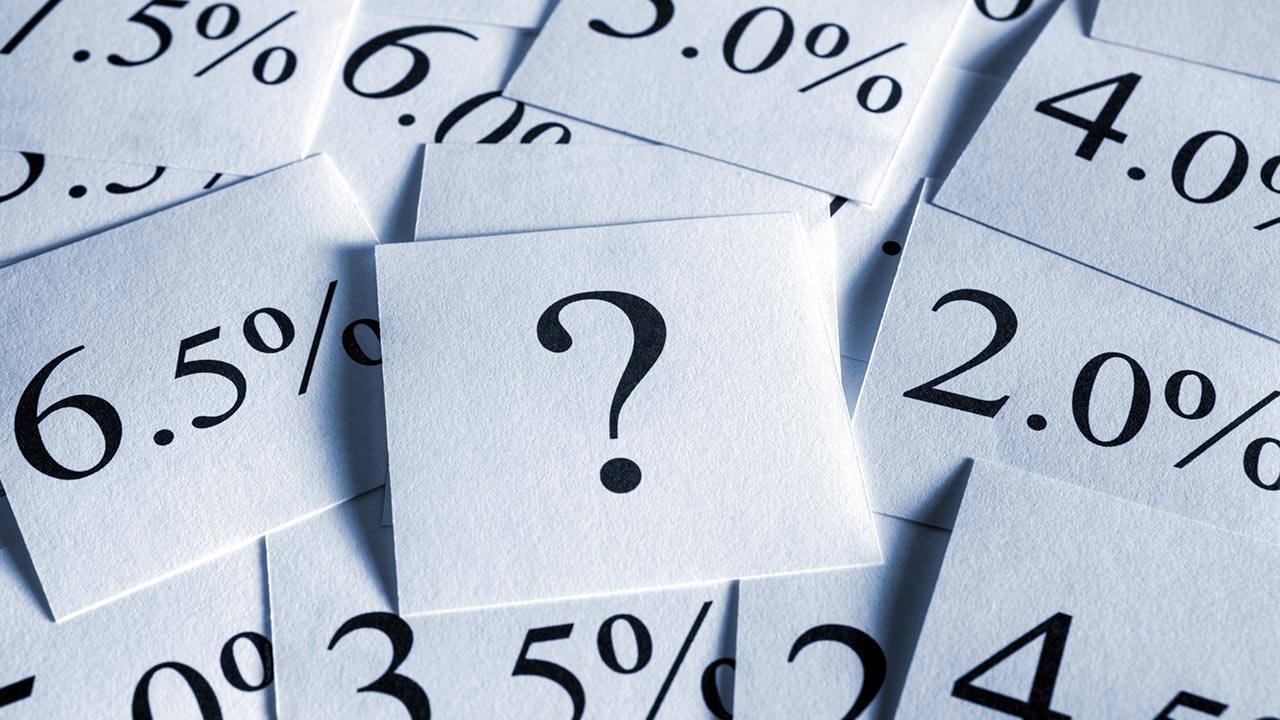Mortgage rates have been so low for the past six years, making homeownership more affordable for many Americans. One thing’s for sure: there’s no better time to lock into a mortgage than right now before rates eventually start to rise.
But what if you’ve already got a mortgage, and have been paying it off for years? Should you make all those extra payments towards the principal to pay your mortgage off sooner before mortgage interest rates start increasing? Or should you hang onto it and use that money to invest elsewhere?

The Argument For Holding Onto Your Mortgage
Mortgage interest rates have been low for a lot longer than many Americans would have anticipated. After the housing crisis of 2008, a cap was placed on rates to help make housing more affordable for Americans and help them avoid the dreaded pit of foreclosure. It’s quite possible for rates to continue to hover around these lows for a while still. Even if rates do increase any time soon, they won’t necessarily spike all of a sudden.
All that money that you’re pouring into your mortgage could be used for other investments, building retirement funds, or even traveling or buying a vacation home, or whatever else your heart fancies. In fact, many Americans have chosen to hold onto their mortgage longer than they really need to in order to free up capital needed to make other purchases. With rates as low as they are, this may be the ideal time to take this approach.
Hanging onto predictable mortgage payments makes it easy to budget, and putting this freed-up money into other types of savings or investments is appealing for many homeowners. If you can earn more money in stock markets or other investments compared to what you’re paying to borrow the funds, holding onto your mortgage at today’s low rates may be a more profitable tactic.
With the average 30-year-fixed mortgage rate less than 4 percent over the past few months, you could potentially earn a higher return by investing in stocks that yield more than 4%. Then there’s the potential to save money in mortgage interest deductions upon paying federal taxes.
Many experts would agree that paying off your mortgage early would mean you’d be missing out on money-making opportunities.
The Argument For Paying Your Mortgage Off Early
Rates are still really low right now, but they can’t stay this low forever. At some point, they’ll creep up, which will make mortgages become more expensive. Despite the potential to take advantage of super-low interest rates to free up cash to invest, it often makes more sense for many Americans to pay off their home loans before retiring.
Why?
For starters, it can difficult to find an investment channel that will bring in a higher return than what you’re paying in current mortgage interest. The stock market has been quite volatile recently, and all that fluctuation can translate into weaker returns over both the short- and long-term, especially if you’re depending on dividends as your source of income after you retire.
It’s also important to consider the fact that the Federal Reserve has already announced that it plans on increasing interest rates, which could have a big impact on all of your investments. It’s been eight years since the Fed held down the federal funds interest rate near the zero mark; which it raised back in December to between 0.25% and 0.5%.
While it may be possible to find a stock that has historically been yielding more than 4%, there’s still the issue of certainty. That stock you’ve chosen to invest in using leveraged funds may be yielding 8% these days, for instance, but who’s to say that number won’t plummet at some point in the future? At the same time, mortgage interest rates could also climb, which means that stock investment could actually be costing you instead of making you money.
The,n of course, there’s the opportunity to become debt-free. Many Americans would rather trade in the investment opportunities – which also carries a certain amount of risk – for the peace of mind knowing that they are debt-free. Financial freedom is a sentiment that many Americans feel, especially when nearing retirement.
The Bottom Line
It’s easy to understand both sides of the argument. It’s understandable for one homeowner who is far from retirement and has the capital – and the appetite – to handle a little bit of risk to want to hold onto their low-rate mortgage and invest the freed-up cash. It’s also understandable for another homeowner who is nearing retirement to want to be completely free of debt and no longer have to worry about making monthly mortgage payments.
At the end of the day, the decision between paying off your mortgage or holding onto it comes down to what makes best financial and emotional sense for you. Crunch the numbers, speak with your financial planner and mortgage specialist, and do some soul-searching before making your choice.